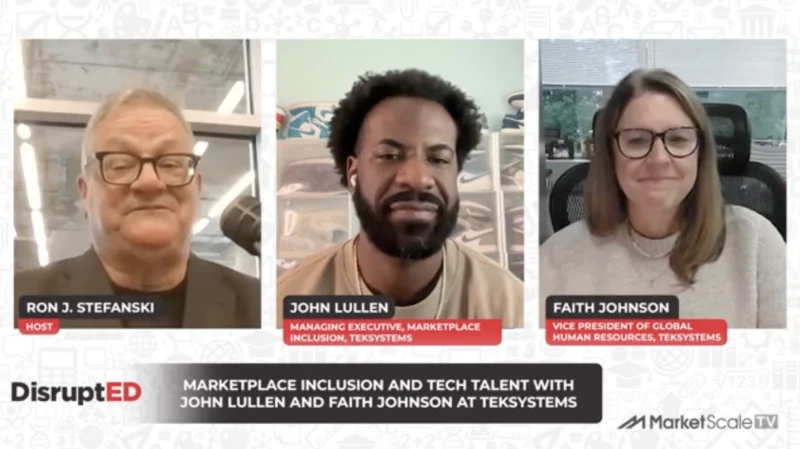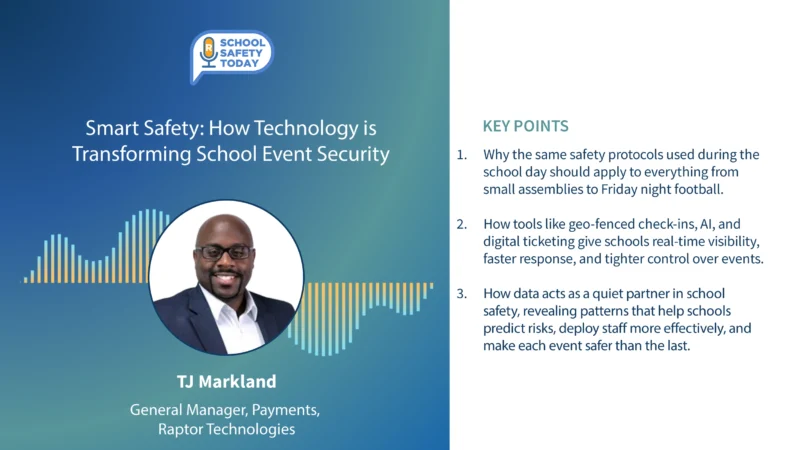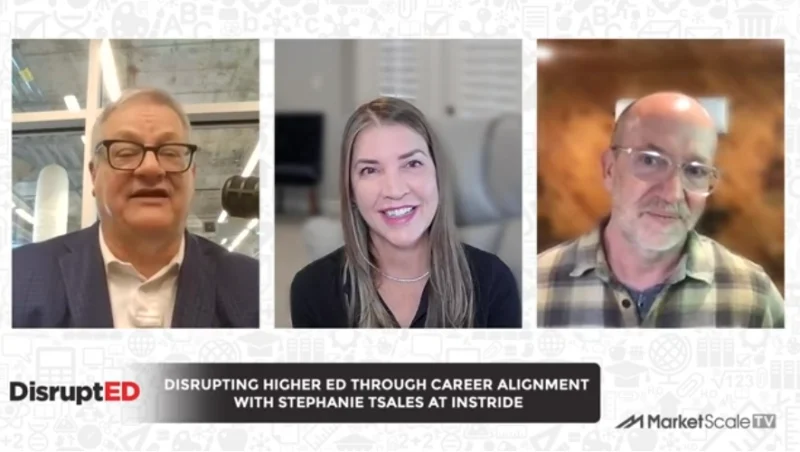Delivering an Alternative to Standardized Tests
As California universities vote to remove standardized tests as a requirement for entry, the focus on traditional means of measurement, such as GPA, still remains popular. While supporters believe standardized testing can’t be replaced, opponents claim tests block real learning and holistic views of children’s performance. But in a world where the school system has completely relied on tests as a measure of performance, what could possibly be used in its place?
To dive into this question, host of the Future of Education, Michael Horn, spoke with someone who is transforming education and shaking things up in a big way: Elliot Washor, co-founder of Big Picture Learning and the Met Center in Providence, RI.
Starting all the way in Australia, Big Picture Learning has developed the International Big Picture Learning Credential (IBPLC) — a process that measures how an individual is smart, not just how smart they are. IBPLC was created by researchers who worked with teachers and students to create an algorithm that does not use standardized test scores or GPAs, but instead recognizes the capacities, experiences, and qualities of individuals.
“It [IBPLC] gave enough validation and credibility to what many of us needed,” Washor stated, “We found out that indigenous students, immigrant students, are getting into places they normally wouldn’t.”
Horn and Washer also discussed…
● The components used to create the algorithm
● The process of creating the algorithm
● Findings from analyzing the outcomes
● Future plans to expand the credential across the U.S.
Washor passionately explained how IBPLC is different from other measurements, “One of the things that’s most interesting personally for me and for our work at big picture is that crediting of outside of school learning — that it doesn’t just happen within the four walls of the school…And crediting who the young person really is from the community that they come from.”
With an interest in all levels of school, Washor has worked across school design, pedagogy, learning environments, and new forms/measures for learning. Winning the Ford Foundation and Kennedy School of Government at Harvard University’s “Innovations in State and Local Government Award” he has been selected as an ‘educator to watch’ and one of the ‘Daring Dozen – the Twelve Most Daring Educators in the World’ by the George Lucas Foundation.




